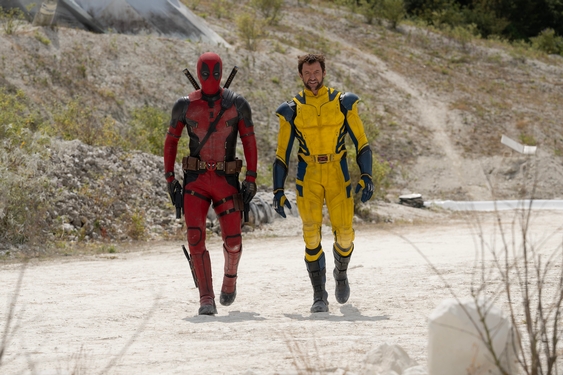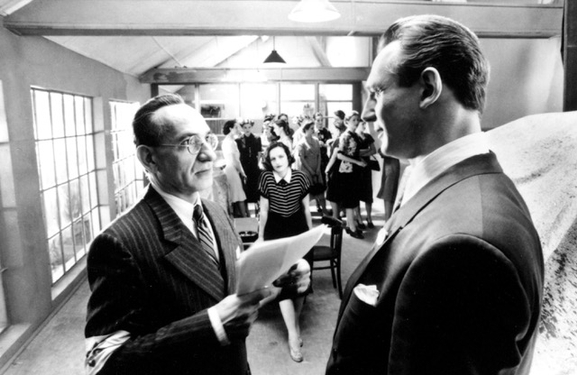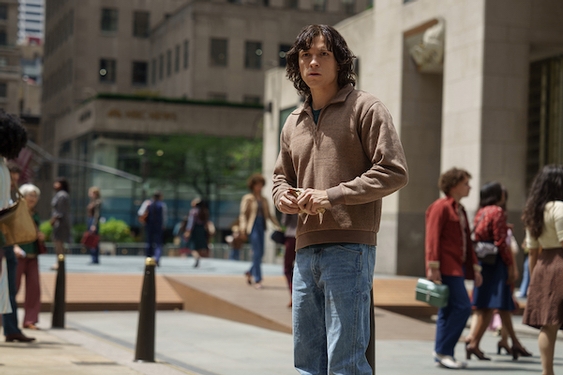So many reasons. There are so many reasons to grieve the death on April 25 of Harry Belafonte, who died at home on Manhattan’s Upper West Side at the age of 96.
And yet, grief cannot be separated from gratitude, or from the worlds of good Belafonte did for so many, across a long, rich life.
The film career was the least of it. Belafonte’s spanned 65 momentous years, from “Bright Road” in 1953 — a year before he and the film’s star, Dorothy Dandridge, re-teamed for “Carmen Jones” — to “BlacKkKlansman” in 2018. In Spike Lee’s film, he played a gently fictionalized version of himself, serving as the story’s civil and political conscience.
By that point, Belafonte’s legendary gravity and aura were unmistakable. He was the confidant and friend who marched with Martin Luther King Jr., who emerged as a civil rights leader. But more than that, he was the essential, constant and valiant celebrity who devoted so much of his life to fighting for a less prejudiced, less vicious, more honorable America; who fought every foolish and venal political impulse and tragedy he could. All this only begins to honor the Harlem-born son of West Indian immigrants.
Plus: Have you heard “Jump in the Line” lately? “Jamaica Farewell”? You’d be reading these words an hour earlier, if I’d been able to stop listening to those two Belafonte hits, among many, over and over and overandoverandover, in the name of research and background. (OK! I believe you!) “Banana Boat,” too. Of course. Just ahead of Elvis Presley’s monster recording success, Belafonte’s album “Calypso” topped the Billboard LP chart for 31 weeks. It was the first solo-artist album to sell a million-plus copies. By the end of the 1950s, after a few movies, a lot of television and a lot of lucrative nightclub appearances, Belafonte became the highest-paid Black entertainer in history.
He was a wonderfully effective actor, though it was Sidney Poitier who became the breakthrough Black movie star Belafonte might’ve become if things had fallen differently. They were friends for most of their lives, and while the professional rivalry got sticky, they saw it through to the other side. See director and co-star Poitier’s 1972 Western “Buck and the Preacher”; Belafonte’s terrific in it. He’s excellent in “Odds Against Tomorrow,” in 1959, at the pinnacle of his recording fame: sharp, intense, vivid, whether he was performing onstage, in character, or making do with the material he was given between numbers.
As Seldom Seen, the underworld kingpin in Robert Altman’s “Kansas City” (1996), Belafonte snapped the hazy dramatics into startling focus every time he spoke, under his raspy breath, each time he fixed an opponent with a sinister smile. He enjoyed working with Altman, and while it’s heartbreaking the film isn’t fuller, more complete, Belafonte’s the reason to see it.
Like Poitier, Belafonte spent so much of his adult life in the scrutinizing, adoring, hateful, loving public eye. His fervent commitment to racial justice, to King’s mission, to calling out war after war and adversaries of all kinds prescribed his years. As late as 2020, a few tense days before the election of Joe Biden, Belafonte warned against giving Donald Trump another shot. “This president,” he wrote, “stood behind those police who kill us in the streets and by the armies of white supremacy who march by night and scheme in the light of day.”
People of serious moral purpose often leave this world slightly or substantially improved; a better, fairer place. When that someone leaves something more behind — a wealth of indelible music, a handful of insightful performances — the riches add up to a remarkable life, or series of lives, somehow sharing the same life. Harry Belafonte’s death isn’t a cause for grief; he did too much that brought joy to too many for that. He did all he could in his century-minus four, and that is the best of all possible legacies.
———
©2023 Chicago Tribune. Visit chicagotribune.com. Distributed by Tribune Content Agency, LLC.












